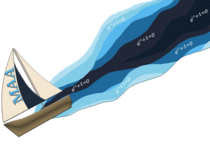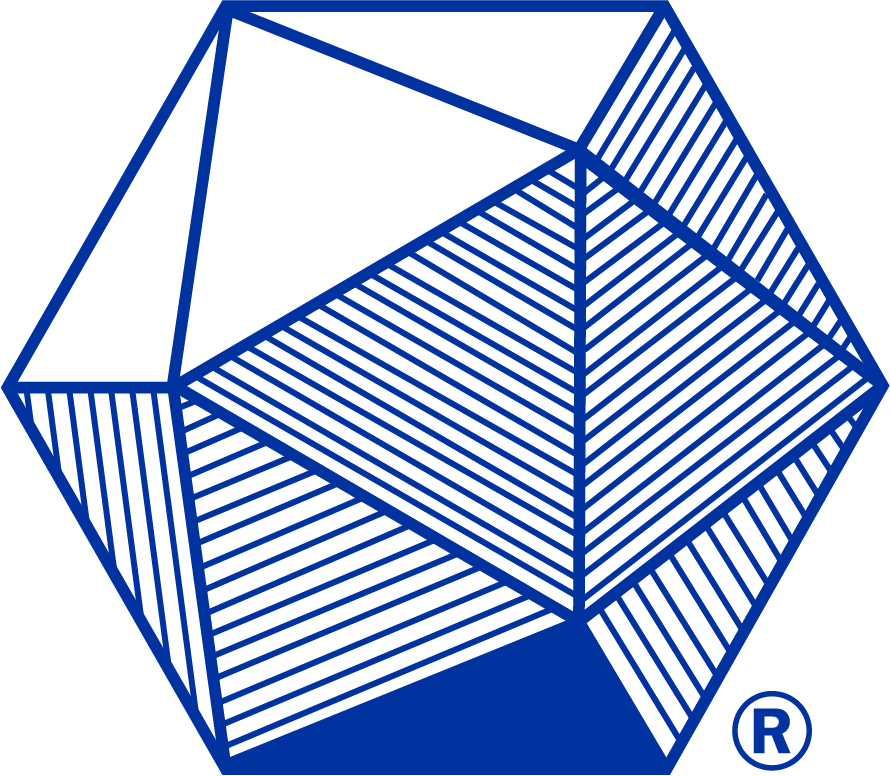Professor Michael Gage of the University of Rochester has been selected by the Seaway Section to receive The Seaway Section Distinguished Teaching Award. The award honors Professor Gage's history of imaginative and enthusiastic teaching at the University of Rochester. In the nomination of Gage of this award, a former student wrote: "One of the things I've found impressive about Professor Gage is the degree of patience and interest he shows when explaining things, at times, seemingly to the exclusion of his own needs. Whether it's chatting with him over lunch or bugging him when he's running to teach a class, I always get the impression that he'll drop everything, if necessary, to devote the time and energy necessary to answer a question."
Michael Gage worked with Arnold Pizer to develop WebWork, a program for doing homework on the web. Some of the programs illustrate the qualitative aspects of differential equations. The use of small programs instead of large ones avoids the danger that the differential equations will be overshadowed by the distractions of learning to use large and more complicated programs. He has also pioneered the use of the worldwide web at Rochester as a means of spreading information about the mathematics department, as a way of advising students, and as a link between faculty and students beyond the classroom.
He and Douglas Ravenel have been co-chairs of the department committee called Meliora Mathematica. The purpose of this committee is to revitalize the teaching of undergraduate mathematics at the University of Rochester. Perhaps the most important initiative of this committee has been the introduction of several experimental calculus sections called "Quest Calculus" which differ considerably from the usual calculus. Students in these sections do some of their homework in supervised teams and the problems they are expected to solve are much less routine than the usual calculus problems. These problems emphasize original thought. The major challenge is to devise the method of solution in the form of a reasoned augment and only then to connect the problems to the techniques of calculus. This is to be distinguished from problems which emphasize technical difficulty alone.
Michael Gage is a graduate of Antioch College and received his PhD in Mathematics from Stanford University in 1978. He has been on the faculty of the University of Rochester since 1984.

